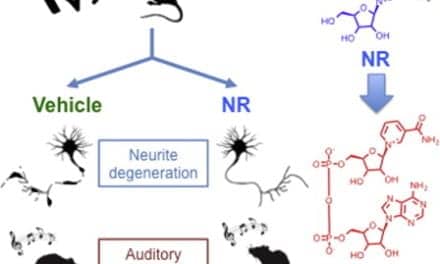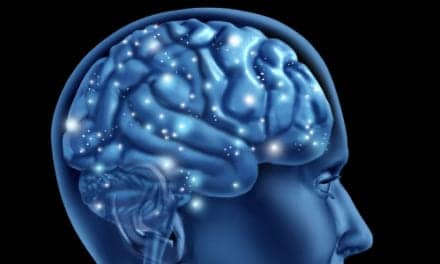Results from an independent poll, commissioned by Oticon Inc in advance of Better Hearing and Speech Month in May, shed light on how approximately 48 million Americans with hearing loss struggle to participate in conversations, strain to understand what is being said, and even have difficulty remembering parts of conversations.
“Completed online by more than 2,000 people, the Harris Poll illustrates how those with hearing loss struggle to understand and recall conversations, and how they experience cognitive strain in everyday listening situations,” said Oticon President Peer Lauritsen. “Oticon’s longstanding focus on advancing BrainHearing™ technology is based on the fact that with hearing loss, the brain has to work harder to understand what is being said. BrainHearing technology helps to make it easier on the brain by not only helping people with hearing loss hear better but also by minimizing the mental effort needed to understand speech in background noise.”
The survey results showed the many challenges that people with hearing loss experience as they navigate the conversations and listening experiences that fill a typical day. Key findings from survey respondents who identified themselves as having hearing loss revealed that 88% frequently miss words in a conversation; 85% often use more effort than someone without hearing loss to listen to and comprehend what is being said; 67% struggle to understand speech in noisy places; 52% always or often strain to understand, follow or participate in conversations; 48% have trouble distinguishing speech from noise; 43% have difficulty remembering what was said; 33% feel isolated or unable to “join in” the conversation when there are multiple noise sources. Additionally, 73% of survey respondents with hearing loss reported having trouble hearing from different directions, and 46% struggle to hear without straining. Half of the respondents with hearing loss said restaurants are the most challenging listening environments.
Oticon reports that approximately 20% of Americans report some degree of hearing loss. According to the Hearing Loss Association of America, at age 65, 1 out of 3 people will experience hearing loss. That rate jumps to nearly 50% for people over 75.
Oticon researchers at the Eriksholm research center focus on BrainHearing™ technology, an approach that carefully processes the speech signal so it is presented to the person’s brain as clearly and accurately as possible, and the way the brain is best able to understand it. The theory is that, with more sound information, the brain doesn’t have to work as hard to understand what is being said. The result is a clearer, more effortless listening experience. For people who wear hearing aids, this can mean less demanding mental processing throughout the day so they can engage more actively in everyday life.
The Harris Poll (survey) for Oticon was conducted online within the United States between March 24 and 29, 2016, among 2,018 adults ages 18 and older via the Poll’s Quick Query omnibus product. Figures for age, sex, race/ethnicity, education, region and household income were weighted where necessary to bring them into line with their actual proportions in the population. Propensity score weighting was used to adjust for respondents’ propensity to be online. Respondents for this survey were selected from among those who have agreed to participate in the surveys. For more information about the Harris Poll, visit Harris Poll Online.
Source: Oticon
Image credits: infographic courtesy of Oticon Inc




